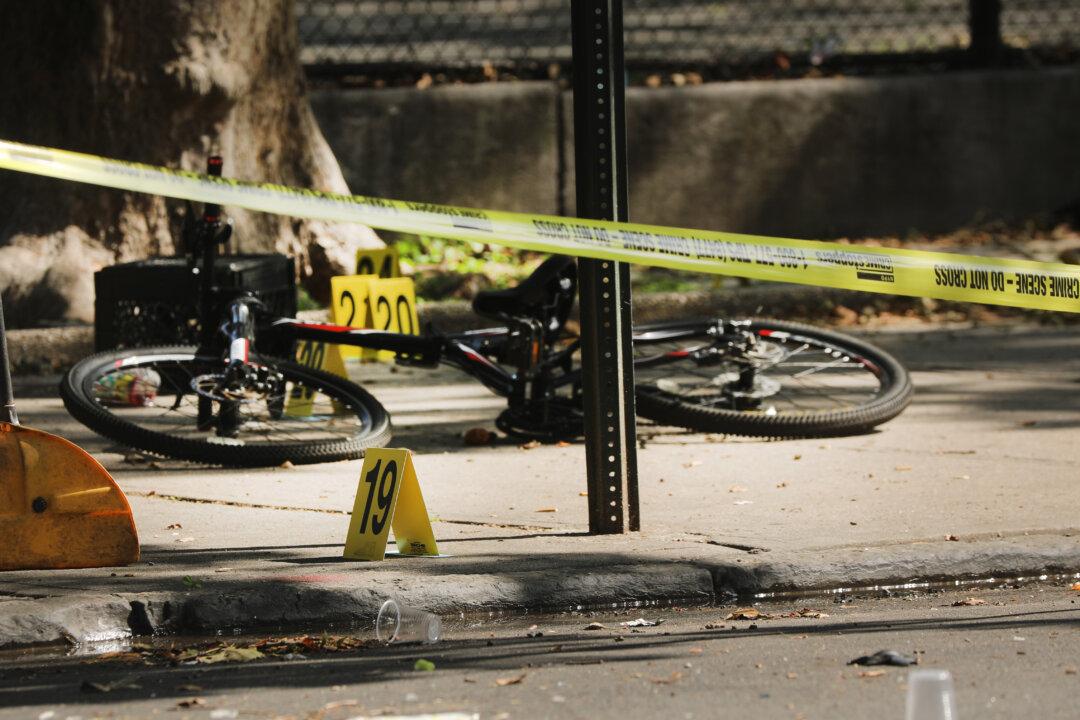The number of murders significantly increased in the United States in 2020, particularly in major metropolitan areas, according to newly released crime data.
Cities with a population of 1 million or more saw a roughly 32 percent increase in homicides, according to figures released by the FBI that are drawn from local sources. While every area, including rural counties, saw jumps in homicides, the biggest increases were in cities, especially in cities with 100,000 residents or more.





